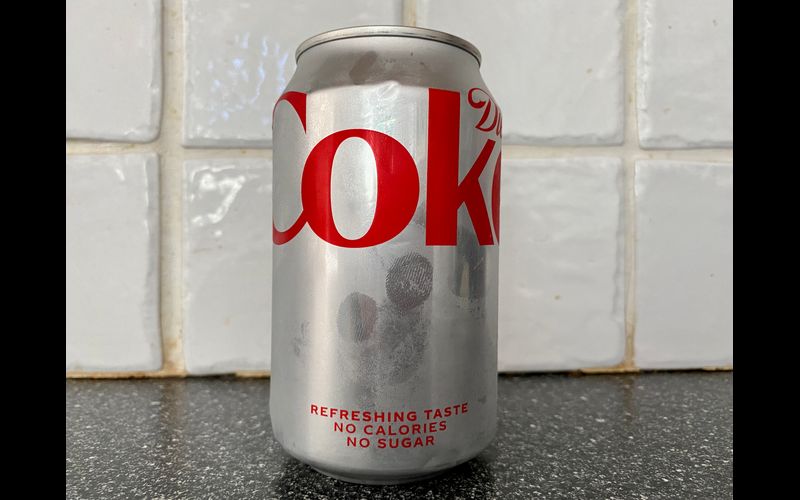There is a great analogy that helps to explain why neurodiverse children (e.g. who are Autistic, or have ADHD) are perceived to be able to ‘cope’ and be ‘fine’ at school, but can become overwhelmed by the time they get home. There are so many stories about children who appear to be totally different in these two settings; the coke can analogy helps us understand why… Here’s Jack’s story:
- Tired
Jack was up late last night, he wanted to play Fortnite with his friends and it inevitably ran on past bedtime. All that screen time made it hard for him to get to sleep, so when he was woken up to get ready for school he was tired – ‘shake the coke can’
- Transport
Jack usually gets picked up by school transport. The usual transport escort is off sick, so a replacement has been sent. They don’t know Jack and he doesn’t know them. They don’t realise that Jack has to sit by the window facing the front otherwise he gets travel sick – ‘shake the coke can’
- Bullying
As Jack arrives at school and heads to his classroom, two other pupils are waiting for him. They enjoy mocking Jack because he is Autistic. Jack’s parents have spoken to the school about it but the school feel that Jack is overreacting – ‘shake the coke can’
- Teacher
Mrs. Smith is Jack’s favourite teacher; she understands him and helps him to know what to do in lessons. Often, she prepares resources just for Jack that he finds really helpful. Mrs. Smith is away from school today so a supply teacher is taking the class, she doesn’t know anything about Jack, she hasn’t prepared any resources to help him – ‘shake the coke can’
- Noise
The supply teacher finds it hard to control the class, some of them become very noisy and disruptive. Jack finds loud noise overwhelming; he has ear defenders, but he gets mocked when he uses them. Mrs. Smith makes sure this doesn’t happen, but she’s not here today – ‘shake the coke can’
- Hungry
Jack has a free school meal. There isn’t much choice about what he is given. Today it’s fish pie… Jack was hoping for sausages or pizza. He doesn’t like fish pie and so doesn’t eat it. He’s hungry now – ‘shake the coke can’
- Playtime
Jack goes out into the playground. His usual friend, Jaden, is involved in a game with some other boys and Jack doesn’t want to push in. The two boys that bullied him earlier are in the playground too, so Jack goes inside to hide in the library on his own until the bell goes – ‘shake the coke can’
- Routine
Because Mrs. Smith is away, they have changed the timetable for the afternoon and are going to do PE instead of the usual maths lesson. Jack hates PE, the hall is noisy, he’s not very coordinated in his movements, his balance isn’t great, and he can’t run very fast. He gets mocked for this too. He loves maths, but maths isn’t happening this afternoon. The usual routine has changed, Jack finds all of this very hard to process and adapt to – ‘shake the coke can’
- Transport (2)
After a difficult drive into school this morning, Jack is dreading the journey home. His anxiety levels are rising fast and when he sees that it’s the replacement escort again, he almost has a panic attack. The replacement escort doesn’t listen to Jack when he says that he has to sit by the window facing forwards. Jack feels travel sick all of the way home – ‘shake the coke can’
- Missing bag
As the transport turns into Jack’s street, he reaches for his bag. It’s not there. He suddenly realises that in dealing with almost having a panic attack at school he forgot to pick his bag up from the peg. It’s got his dirty PE kit in it, his homework for this evening, but also his comfort toy that goes everywhere with him. Jack asks if the transport can return to school so that he can get his bag, but he is told he will have to get it tomorrow – ‘shake the coke can’
Jack arrives home. As far as school are concerned, he’s ‘coped’ and been ‘fine’ today.
Jack has managed changes of routine, changes of staff, bullying, tiredness, sensory overload, hunger, isolation, loss of his bag, increasing anxiety and panic, travel sickness, and more.
He’s just about held it all together because if he can’t hold it all together at school he is mocked and bullied by the other pupils, the teachers think he’s being badly behaved, and he ends up with trouble all around.
As he walks through the front door, his parent asks him “Did you have a good day at school today, Jack?” and in doing so metaphorically pulls the ‘ring pull’ on the coke can that has been shaken all day… Boom! Jack erupts, and his parent wonders why this always happens at home and not at school…
